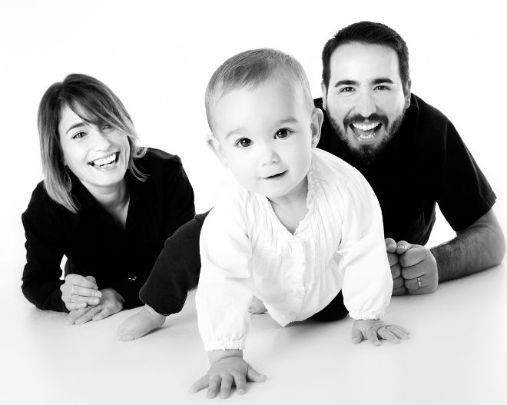The impact of the Coronavirus quarantine on language development in children up to 3 years old
As parents, we know that quality time with our children is usually accompanied by stories, songs, games or any other joint activity that involves conversation and eye contact. However, in “real life” our children are exposed to so many stimuli that are not necessarily under our control – at kindergarten, with other kids, on the way home and more. Exposure to those stimuli is significantly important, particularly at young ages (up to 3 years old), when brain development is at its peak, especially in the context of language development. But does exclusive exposure to parents, nuclear family members and home stimuli affect children differently?
This question is of great interest to us – researchers at the Technion Educational Neuroimaging Center and other laboratories in France (Dr. Naomi Hebron, Ecole Normale Superieure) Norway (University of Oslo), Turkey, Poland, and England. Thus, we have joined together for an international project to examine the impact of the Coronavirus outbreak (COVID19) and the social distance requirements related to it, raised by health authorities in Israel and around the world, on language development in children up to 3 years old. This study includes answering questionnaires related to language development, child vocabulary and exposure to language and screens in young children (up to 3 years of age). The information will be collected at the beginning of social isolation and then at the end. In addition, at the end of the isolation, interested parents will be invited to the Technion to continue participating in the project, to test their brain activity for synchronization with their child, during storytelling and social interaction.
To participate in the project and complete the questionnaire (in Hebrew): https://forms.gle/Nvqu6AMKYBxMr7va7
Read more about this research at the University of Oslo in Norway: https://www.sv.uio.no/psi/english/research/projects/babyling/index.html





